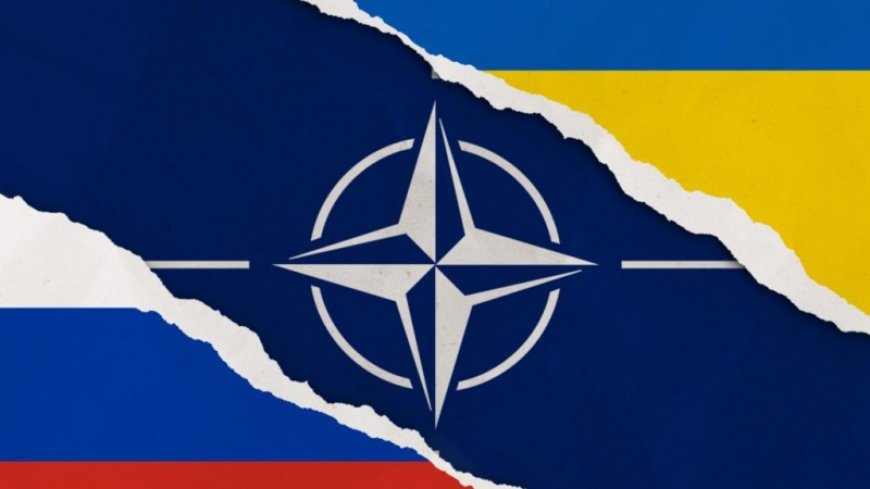Crisis in Ukraine, hypothesis “Polish factor. The US will allow it
Crisis in Ukraine, hypothesis “Polish factor. The US will allow it

Most Polish observers agree on the obvious consideration that, without orders from the United States, Warsaw will not undertake anything adventurous against Belarus, let alone against Russia. The political philosopher Radoslaw Czarniecki also says more or less this and adds that the forthcoming US presidential elections represent a good deterrent to convince Washington to make some turn towards domestic politics, so that the "war danger" will diminish.
However, according to analyst Konrad Rankas, heard from Ukraina.ru, a Polish-Russian war is unfortunately a real scenario, and Warsaw could start it both in Belarus and in Ukraine; and even if he also does not believe in an action aimed at restoring Polish rule over the “Kresy Wschodnie”, Rankas says that this does not mean that in western Ukraine “a Polish army and a Polish administration cannot appear. The idea of a "Polish-Ukrainian union", called in Poland "Ukro-Polin", is still seen as a "plan B" in case of a rapid collapse of the regime in Kiev and Ukraine's exit from the war.
“Ukro-Polyn” would ensure its continuation, relying at least on “Eastern Lesser Poland” (Galicia) and Volynia». However, Czarniecki believes that growing concern about the threat of a global nuclear conflict not only makes an armed confrontation between Russia and Poland (and therefore NATO) unlikely, but could also lead to a cessation of hostilities in Ukraine. But there are also those who really fear a direct involvement of Warsaw in the conflict in Ukraine, not only because it is pushed by the USA, but also because of the pre-election interests of the governing coalition. Thus, Niezalezny Dziennik Polityczny sees in Blaszczak's recent visit to Washington the search for the Yankee green light.
On July 18, Blaszczak was based at US Army V Corps (during the Cold War, under US command in the so-called “Fulda Gap” in West Germany) at Fort Knox, where he took part in the commissioning of deputy commander of this structure, Polish general Maciej Jablonsky, which highlights the assignment of the Corps to operations in Poland. According to Jacek Tochman, who writes about it in the same Polish newspaper, warlike activism in Warsaw derives from the fact that many allies of Kiev, and above all the White House, are increasingly dissatisfied with the lack of positive results of the Ukrainian counter-offensive; so that, «with a high degree of certainty, we can say that in the near future the next part of the American plan will begin, in which the main role will be played not by Ukraine, but by Poland!».
In general, concludes Dmitrij Minin, again in Fond Strategiceskoj Kul'tury, the issue is that, unlike the United States, where "a loss of consensus is expected for direct involvement in a war, in Poland, on the contrary, a growth in consensus is expected for the national psychosis and this could push the reactionaries of PiS to direct actions". So that the combination of external and internal factors creates a serious danger of war, with possible direct Polish intervention. Wandering delirium and oblivion of darkened mind and wickedness and tears and anger and thirst for slaughter, Ovid would sing.













































